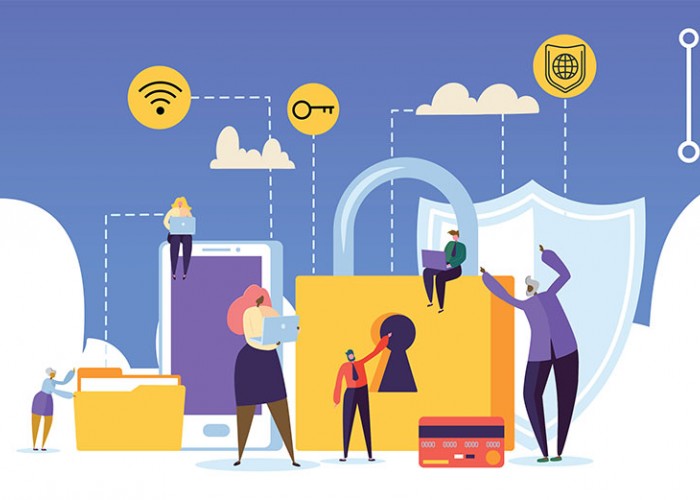Protecting Your Children Online
4 proactive steps to help keep them safe on the internet
By Statepoint.net
October is National Cyber Security Awareness Month, and it can really pay to take precautions now against scammers and other predators. It’s particularly important to protect vulnerable children.
In general, they are spending more time online now due to homework assignments and social distancing measures caused by the COVID-19 pandemic. While the internet can be an amazing gateway to knowledge and a tool to connect with family and friends, it can also pose many safety hazards.
Indeed, the United Nations has warned that the increased unstructured time online has put millions of children at greater risk of both cyberbullying and of being exposed to harmful content. Experts note that in the same way financial scammers have been working in overdrive to exploit the pandemic crisis, the internet has also seen a surge of online predators targeting children.
Fortunately, there are effective actions parents and caregivers can take to help keep kids safe online. Here are four ways to get you started.
1 Have a Dialogue
While you may be working remotely or otherwise occupied, if possible, try to spend time in the same room as your kids during the day so you can keep tabs on them. An open dialogue can go a long way toward establishing mutual trust between generations. Parents should have a respectful discussion with children about what kinds of activities they are engaging in online and who they are communicating with. This discussion should include what constitutes inappropriate content. Let kids know they can come to you if they are being sent images or messages that fall into this category.
2 Steer children to quality content
From free educational gaming apps to the online educational resources offered by museums, public television and your local library, actively encourage your kids to explore positive content designed for children.
3 Use new tools
They can help parents effectively keep screen time in check. There are many such apps on the market. For example, by using OurPact, a screen time management solution compatible with Android and Apple devices, parents can limit app access automatically for recurring activities like school or bedtime, can block or grant internet access on a child’s device, and view screenshots of their digital activity.
4 Update software
Be sure to keep your family’s devices safeguarded from hackers and malware by installing the latest updates. Software updates are important because they often include critical patches to security holes. They also aim to make the user experience better.
More resources
Visit the U.S. Department of Education for additional helpful information for parents and caregivers.
-
Stay safe online
-
Share this story:





